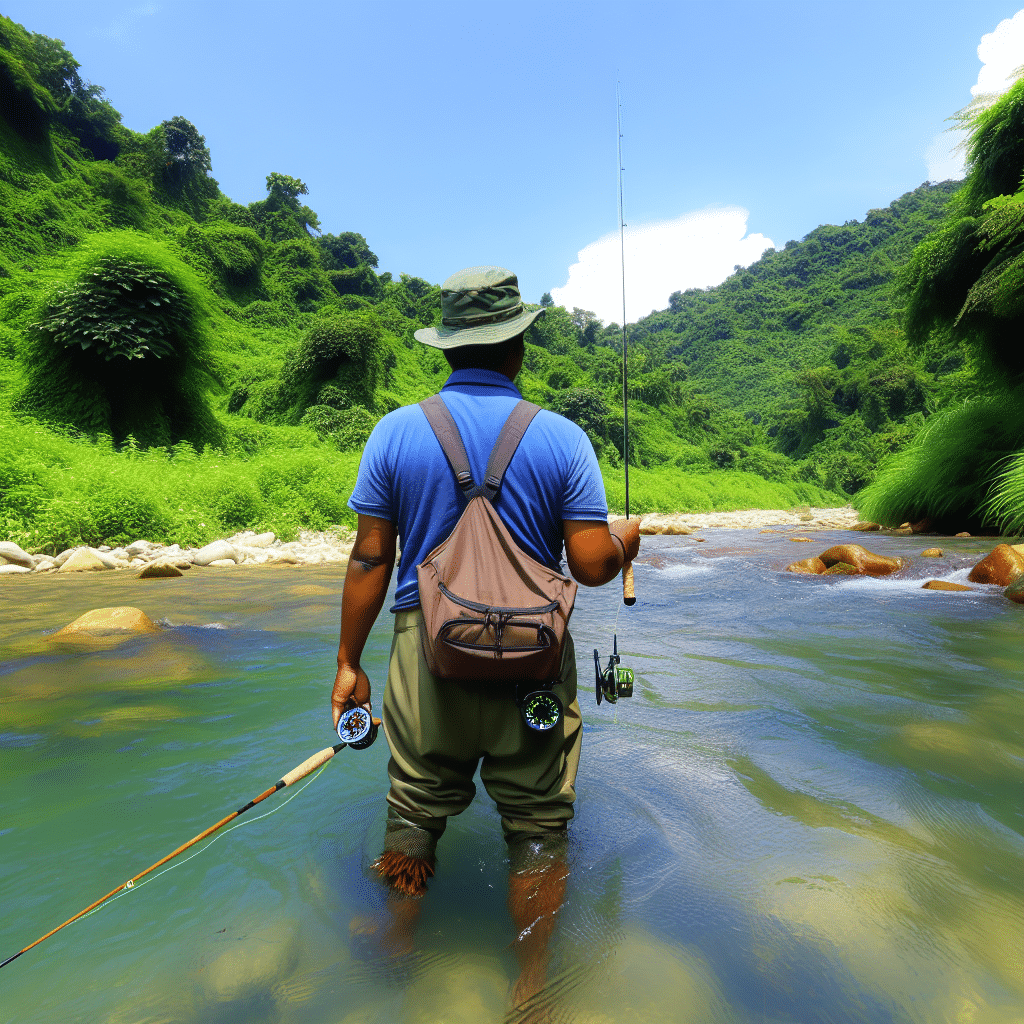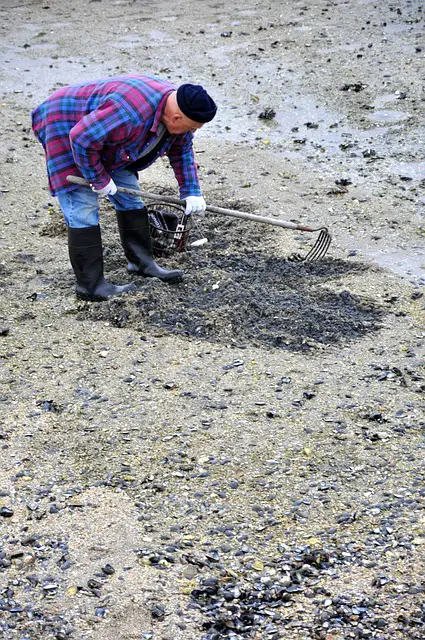Hunting is a craft that dates back thousands of years, yet it continues to be an important pastime for many enthusiasts across the globe. This practical guide will delve into the essentials of hunting how-to, providing some invaluable tips for both novices and experienced hunters.
Why Hunt: The Importance and Benefits
Hunting is not solely about sport; it plays a crucial role in wildlife management and contributes to the balance of nature. Responsible hunting aids in controlling animal populations, preventing damage to crops and vegetation, and reducing disease risk among wildlife. It also provides a sustainable source of meat, often healthier and more organic than commercial meat.
Boosting Survival Skills
Beyond the practical purposes, hunting can enhance a person’s survival skills. It involves learning to track animals, navigating through challenging terrain, and developing patience and precision—all of which are essential survival skills.
Deciding What to Hunt: Understanding Your Prey
Before venturing into the wild, it is crucial to research and understand your target species. What are their habits, preferred habitats, and diet? When are they most active? Knowledge of your target animal will increase your chances of a successful hunt.
Respecting Wildlife Regulations
While understanding your prey, it is critical to learn about the wildlife regulations in your area. Restrictions on hunting seasons and quotas protect animal populations and ensure ethical hunting practices.
Equip Yourself: The Hunting Gear Essentials
Quality gear is an integral part of hunting how-to. Your hunting gear should include a hunting license, a reliable weapon (rifle, bow, etc.), hunting clothing, and a first aid kit, among other items, depending on the specific type of hunting.
Choosing the Right Hunting Weapon
The type of hunting weapon you choose depends largely on your target species and personal preference. Rifles, shotguns, crossbows, and compound bows are common choices. Each has its advantages and limitations, and deciding on the right one requires practice and experience.
Tracking and Hunting Your Prey
One of the primary hunting skills to master is tracking animals. Understanding animal tracks, scat, and signs are essential in locating your prey. Moreover, practice stealth and adopt wind direction techniques to prevent your scent from alerting your target.
Practice Makes Perfect
Shooting accuracy is another important aspect of hunting how-to. Regular practice will improve your shooting skills and increase your chances of a clean, ethical kill. Aside from target practice, physical fitness is an indispensable aspect of hunting. An average hunt involves long walks, rigorous hikes, and sometimes, heavy lifting.
Responsible Hunting: Ethical Considerations and Respect for Nature
Responsible hunting is more than just following laws and regulations. It involves adopting ethical practices that respect the animals and their habitats. Hunters must strive to minimize the suffering of animals, only taking shots when a clean kill is probable.
Hunting and Conservation
Notably, hunters play a significant role in conservation. Fees from hunting licenses and taxes from hunting gear purchases contribute to wildlife conservation programs. By practicing sustainable and ethical hunting, hunters help ensure the longevity of the sport and the preservation of wildlife.
Frequently Asked Questions on Hunting How-to
Is hunting difficult for beginners?
Like any new skill, hunting can present challenges for beginners. However, with proper training, practice, and patience, anyone can learn the art of hunting.
Can I hunt without a guide?
While a guide can provide valuable insights and knowledge, it is possible to hunt without one. Extensive research, preparation, and attention to safety are crucial.
What is the most important piece of hunting gear?
Every piece of hunting gear has its importance. However, a reliable and suitable hunting weapon is arguably the most important.
In conclusion, hunting is a skill that requires knowledge, practice, and respect for nature. Understanding the hunting how-to is integral to becoming a responsible and successful hunter. With patience, perseverance, and the right approach, hunting can be a rewarding and enriching experience.




